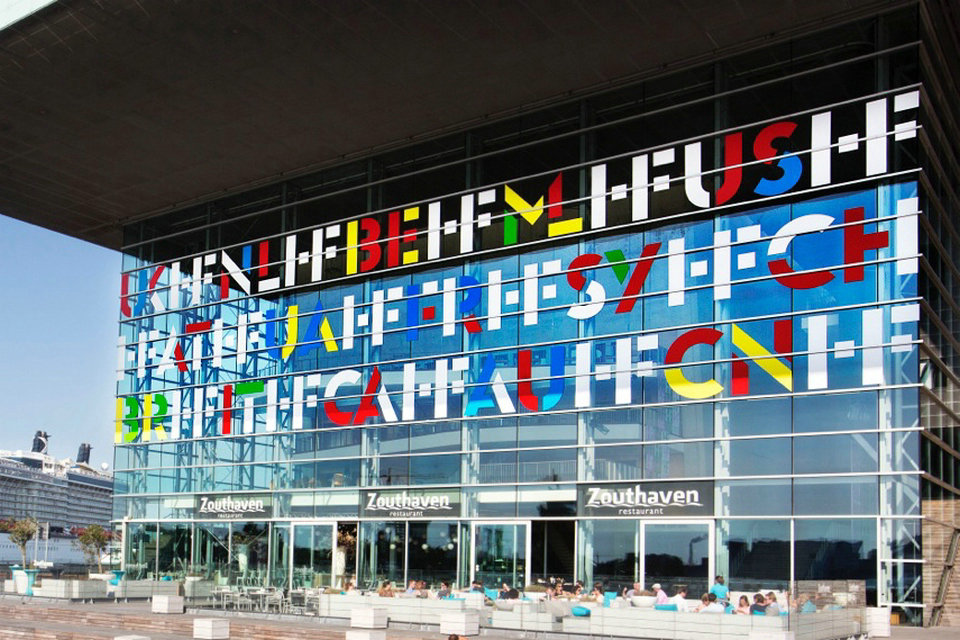The Holland Festival is the oldest and largest performing arts festival in the Netherlands. It takes place every June in Amsterdam. It comprises theatre, music, opera and modern dance. In recent years, multimedia, visual arts, film and architecture were added to the festival roster.
Since 1947 the Holland Festival is the leading international performing arts festival in the Netherlands, annually presenting exceptional performances of international standing. With each artistic director taking it in new directions, the festival has been at the cutting edge for over sixty-five years.
By showing national and international art, the festival focused attention on international cooperation and exchange. In the same period such initiatives were developed in other countries: in 1947 the Festival d’Avignon was founded and the Edinburgh International Festival, in 1948 Aldeburgh Festival and the Wiener Festwochen. The Holland Festival is still convinced that art has lost nothing of relevance: it broadens the horizon, surprises, leads to discussion and forces us to take the time to think about something.
The Holland Festival sees itself as a platform for interesting artistic achievements and developments, and as an initiator focused on special productions and activities that are not realized by other art institutions. The festival collaborates with institutions and artists in every continent, reaching an audience of connoisseurs and professionals to occasional enthusiasts, young and old, with culturally diverse backgrounds. The festival aims to spread groundbreaking ideas, with the emphasis on innovation, without neglecting cultural objects. The festival also strives for an inspiring appearance on the performing arts at home and abroad, where classical and contemporary music, opera, classical and contemporary theater, dance, theater productions, pop music, world music, film and occasional presentations of various visual arts forms set the tone.
Performances take place in Amsterdam venues such as the city theatre, the opera, the Concertgebouw and Muziekgebouw concert halls and the Westergas factory site. Each edition is loosely themed, and the programme features both contemporary work and classical pieces presented with a modern edge. From 2005 to 2014 the Holland Festival was curated by artistic director Pierre Audi who was working closely with artistic coordinator Lieven Bertels delivering a cutting-edge festival each edition.
The festival was founded in 1947 and features some of the world’s top artists and performers, as well as lesser-known performers. Notable world premieres included Karlheinz Stockhausen’s Helicopter String Quartet. The festival introduced Maria Callas in the Netherlands, and was also the first to successfully set up a large symphonic tribute to Frank Zappa with “200 motels-the suite” in 2000 (after failed attempts to have Zappa perform himself in the festival in 1981).
From 2005, the festival included off-series called EarFuel, EyeFuel and MindFuel. Outreach initiatives to new audiences include successful non-western concerts such as an Umm Kalsoum tribute by Egyptian star Amal Maher in 2010. The festival continues to serve as a beacon for other arts organisations, and is visited by a record number of international programmers and artists, seeking inspiration.
Pierre Audi left as Artistic Director of the Holland Festival in July 2014, continuing to focus on his role as Artistic Director of the Dutch National Opera and his work as a stage director.
In June 2013, British arts manager Ruth Mackenzie, former head of the 2012 London Cultural Olympiad, was appointed as the new Holland Festival Artistic Director from edition 2015.
